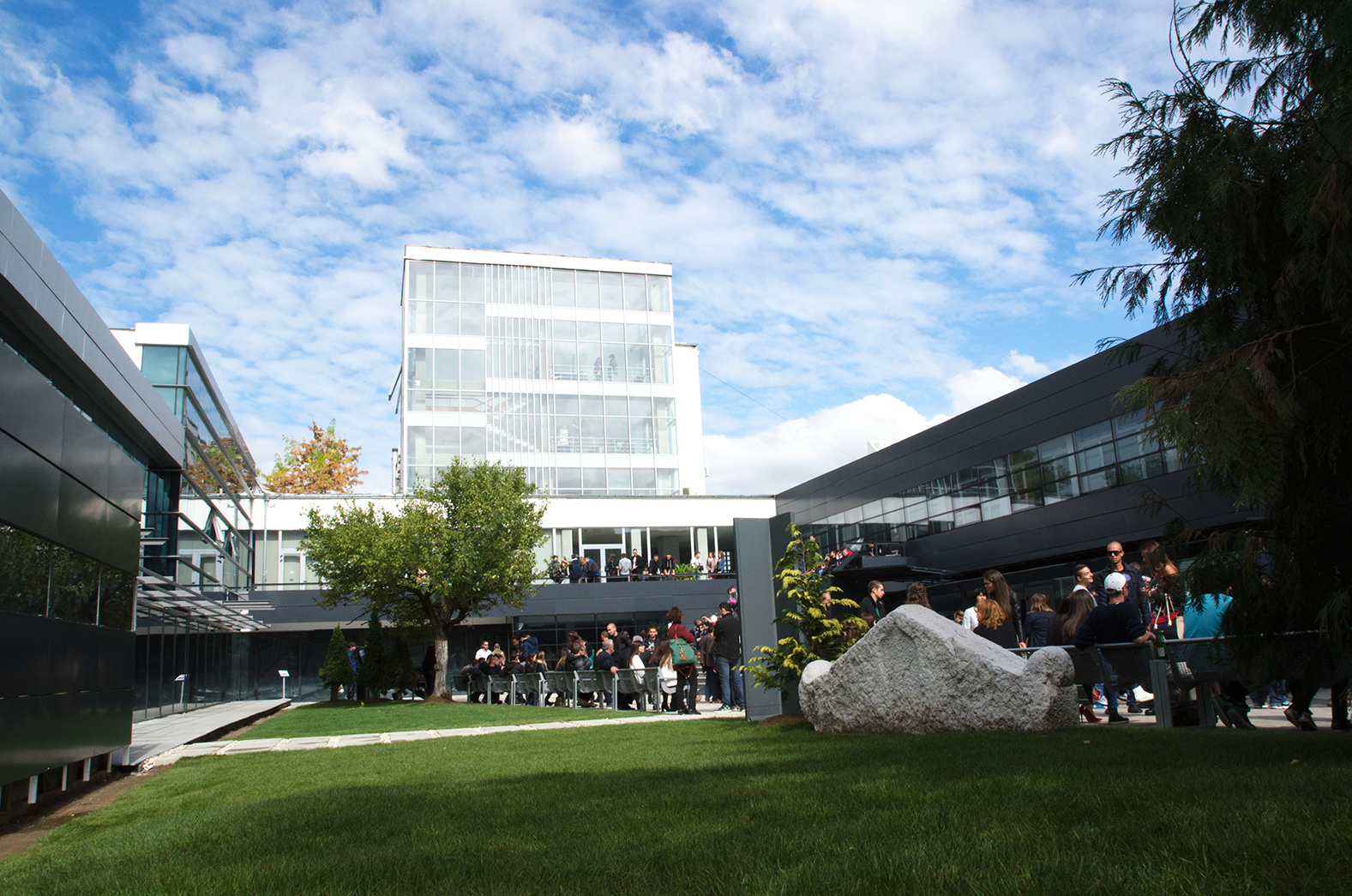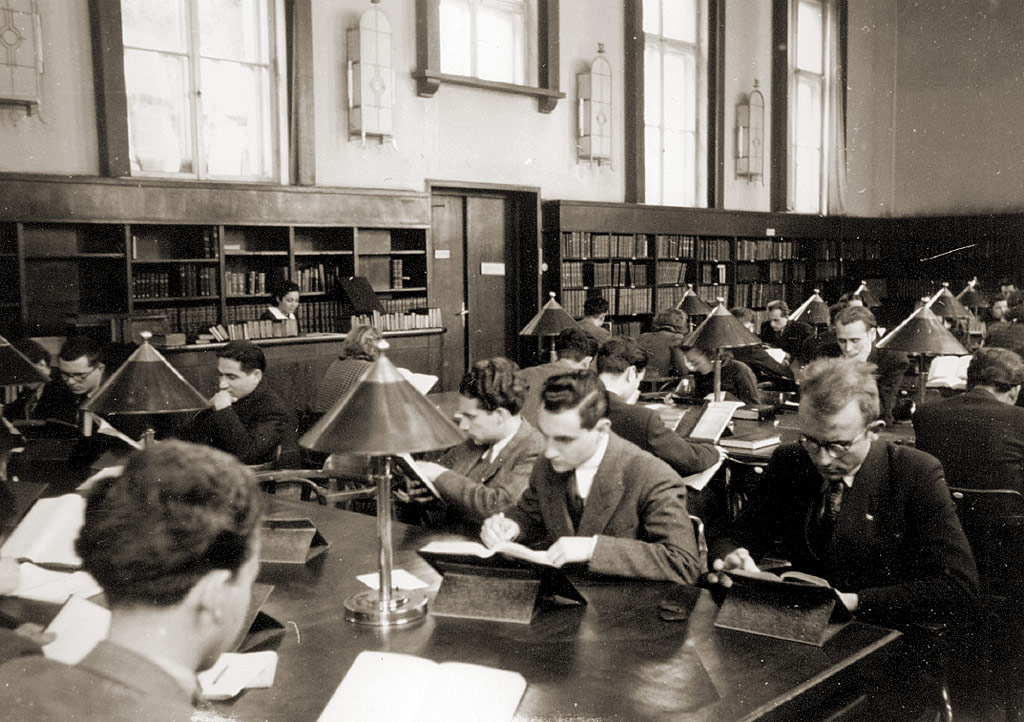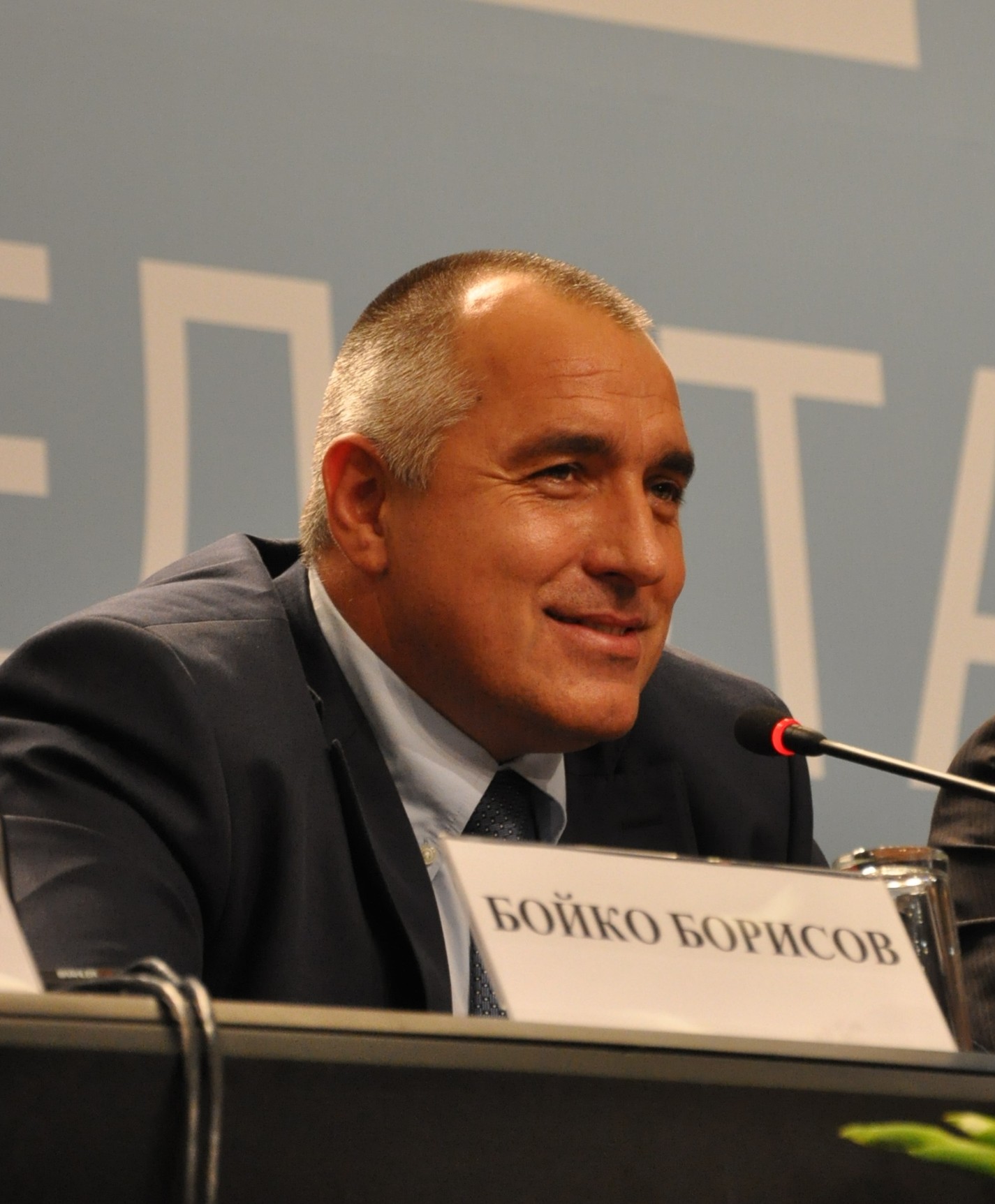|
Nikolay Nenchev
Nikolay Nankov Nenchev (Bulgarian: Николай Нанков Ненчев), is a Bulgarian politician, Chairman of the Bulgarian Agricultural People's Union (BAPU), Minister of Defence of Bulgaria as part of the Second Borisov Government from 2014 to 2017. Career He was born on 11 August 1966 in the town of Yambol. He earned a Master of Laws and Political Science degree and specialized international relations at Sofia University “St. Kliment Ohridski”. Before the democratic changes, he took part in an illegal initiative committee that drafted a declaration to the National Assembly of the People's Republic of Bulgaria with the appeal to restore the Bulgarian Agricultural People's Union “Nikola Petkov” forbidden in 1947. On 11 June 1989, the declaration was taken to Sofia and was broadcast by Radio Free Europe. After 10 November 1989, Nikolay Nenchev was elected Chairman of the Independent Students’ Association. He worked actively towards the restoration of the agri ... [...More Info...] [...Related Items...] OR: [Wikipedia] [Google] [Baidu] |
Ministry Of Defence (Bulgaria)
The Ministry of Defence ( bg, Министерство на отбраната, ''Ministerstvo na otbranata'') of Bulgaria is the ministry charged with regulating the Bulgarian Armed Forces. It is Bulgaria's ministry of defence. Since March 2022 the Minister of Defence is Dragomir Zakov. The present building of the ministry is among the finest examples of the Bulgarian modern architecture from the middle of 20th century. It was designed by the famous Bulgarian architectural team Vasilyov- Tsolov and completed in the period 1939–45. History The Ministry was created in 1879. Between 1911 and 1947 it was called Ministry of War (Министерство на войната, ''Ministerstvo na voynata'') and from 1947 to 1990 it bore the name Ministry of People's Defence (Министерство на народната отбрана, ''Ministerstvo na narodnata otbrana''). Structure Political Cabinet The political cabinet assists the Minister of Defense in formulating and dev ... [...More Info...] [...Related Items...] OR: [Wikipedia] [Google] [Baidu] |
Second Borisov Government
The ninety-first Cabinet of Bulgaria took office on November 7, 2014. It was a coalition government chaired by Boyko Borisov. The government was formed after Borisov's party, GERB, won the 2014 parliamentary election. As GERB won 84 out of the 240 seats in the National Assembly (a plurality), they were compelled to form a coalition to legally govern. Formation After being tasked by President Rosen Plevneliev to form a government, Borisov's GERB allied with the Reformist Bloc to form a government and got support from the Alternative for Bulgarian Revival (partnership agreement with GERB) and also had the outside support of the Patriotic Front. The cabinet of twenty ministers was approved by a majority of 136-97 (with one abstention). Borisov was then chosen as prime minister by an even larger vote of 149-85. Borisov became the first person to be elected twice as Prime Minister in the recent history of Bulgaria. Ministers with Reformist Bloc support are members of Democrats for ... [...More Info...] [...Related Items...] OR: [Wikipedia] [Google] [Baidu] |
Government Ministers Of Bulgaria
A government is the system or group of people governing an organized community, generally a state. In the case of its broad associative definition, government normally consists of legislature, executive, and judiciary. Government is a means by which organizational policies are enforced, as well as a mechanism for determining policy. In many countries, the government has a kind of constitution, a statement of its governing principles and philosophy. While all types of organizations have governance, the term ''government'' is often used more specifically to refer to the approximately 200 independent national governments and subsidiary organizations. The major types of political systems in the modern era are democracies, monarchies, and authoritarian and totalitarian regimes. Historically prevalent forms of government include monarchy, aristocracy, timocracy, oligarchy, democracy, theocracy, and tyranny. These forms are not always mutually exclusive, and mixed gover ... [...More Info...] [...Related Items...] OR: [Wikipedia] [Google] [Baidu] |
Bulgarian Agrarian National Union Politicians
Bulgarian may refer to: * Something of, from, or related to the country of Bulgaria * Bulgarians, a South Slavic ethnic group * Bulgarian language, a Slavic language * Bulgarian alphabet * A citizen of Bulgaria, see Demographics of Bulgaria * Bulgarian culture * Bulgarian cuisine, a representative of the cuisine of Southeastern Europe See also * * List of Bulgarians, include * Bulgarian name, names of Bulgarians * Bulgarian umbrella, an umbrella with a hidden pneumatic mechanism * Bulgar (other) * Bulgarian-Serbian War (other) The term Bulgarian-Serbian War or Serbian-Bulgarian War may refer to: * Bulgarian-Serbian War (839-842) * Bulgarian-Serbian War (853) * Bulgarian-Serbian wars (917-924) * Bulgarian-Serbian War (1330) * Bulgarian-Serbian War (1885) * Bulgarian-Serbi ... {{disambiguation Language and nationality disambiguation pages ... [...More Info...] [...Related Items...] OR: [Wikipedia] [Google] [Baidu] |
1966 Births
Events January * January 1 – In a coup, Colonel Jean-Bédel Bokassa takes over as military ruler of the Central African Republic, ousting President David Dacko. * January 3 – 1966 Upper Voltan coup d'état: President Maurice Yaméogo is deposed by a military coup in the Republic of Upper Volta (modern-day Burkina Faso). * January 10 ** Pakistani–Indian peace negotiations end successfully with the signing of the Tashkent Declaration, a day before the sudden death of Indian prime minister Lal Bahadur Shastri. ** The House of Representatives of the US state of Georgia refuses to allow African-American representative Julian Bond to take his seat, because of his anti-war stance. ** A Commonwealth Prime Ministers' Conference convenes in Lagos, Nigeria, primarily to discuss Rhodesia. * January 12 – United States President Lyndon Johnson states that the United States should stay in South Vietnam until Communist aggression there is ended. * January 15 – 1966 Nigeria ... [...More Info...] [...Related Items...] OR: [Wikipedia] [Google] [Baidu] |
New Bulgarian University
New Bulgarian University ( bg, Нов български университет, also known and abbreviated as НБУ, NBU) is a private university based in Sofia, the capital of Bulgaria. Its campus is in the western district of the city, known for its proximity to the Vitosha nature park. The university also owns multiple other buildings across the country, as well as its own publishing house and a library. Among the list of NBU Honorary Doctors and Honorary Professors are Richard Rorty, Thomas Sebeok, Wolfgang Iser, Terry Eagleton, Julia Kristeva, Jean-Pierre Vernant, Ralf Dahrendorf, Steve Forbes, Geert Hofstede, Ennio Morricone, Milcho Leviev, Raina Kabaivanska, Alexander Fol, Vera Mutafchieva, Georgy Fotev etc. The mission of New Bulgarian University is to: - be an autonomous academic institution that supports students in their entrepreneurial and personal development. - be a liberal academic institution, based on the link between education, research and entrepreneurshi ... [...More Info...] [...Related Items...] OR: [Wikipedia] [Google] [Baidu] |
Todor Kavaldzhiev
Todor Kolev Kavaldzhiev ( bg, Тодор Колев Кавалджиев; 26 January 1934 – 6 February 2019) was Vice President of Bulgaria from 1997 until 2002. He was a partner to Petar Stoyanov, the 2nd President of Bulgaria. He was proven to be an anti-communist, due to being repressed during the communist era in Bulgaria. He was also an activist into restoring the BZNS Nikola Petkov. Early life Todor Kavaldzhiev was born in Glavan, Tsardom of Bulgaria in 26 January 1934. He was a pro-BZNS activist during his teens, as he vowed to restore the Agrarian Youth Wing, which failed due to his arrest and imprisonment in 1952. He was first sent to the prison in Haskovo, then he spent 11 years in Pazardzhik and Stara Zagora. He was sent to Belene labour camp twice, where harsh labour was implemented. From 1952 to 1963, he was sued and then imprisoned. Todor was amnestied, then released out of prison. He worked as a builder for Sofstroi, a construction company located in Sofia from ... [...More Info...] [...Related Items...] OR: [Wikipedia] [Google] [Baidu] |
Sofia University
Sofia University, "St. Kliment Ohridski" at the University of Sofia, ( bg, Софийски университет „Св. Климент Охридски“, ''Sofijski universitet „Sv. Kliment Ohridski“'') is the oldest higher education institution in Bulgaria. Founded on 1 October 1888, the edifice of the university was constructed between 1924 and 1934 with the financial support of the brothers Evlogi Georgiev and Hristo Georgiev (whose sculptures are now featured on its façade) and has an area of 18,624 m2 and a total of 324 premises. The university has 16 faculties and three departments, where over 21,000 students receive their education. The current rector is Anastas Gerdzhikov. It has been consistently ranked as the top university in Bulgaria according to national and international rankings, being constantly among the best four percent of world universities according to ''QS World University Rankings''. History The university was founded on 1 October 1888—te ... [...More Info...] [...Related Items...] OR: [Wikipedia] [Google] [Baidu] |
Politician
A politician is a person active in party politics, or a person holding or seeking an elected office in government. Politicians propose, support, reject and create laws that govern the land and by an extension of its people. Broadly speaking, a politician can be anyone who seeks to achieve political power in a government. Identity Politicians are people who are politically active, especially in party politics. Political positions range from local governments to state governments to federal governments to international governments. All ''government leaders'' are considered politicians. Media and rhetoric Politicians are known for their rhetoric, as in speeches or campaign advertisements. They are especially known for using common themes that allow them to develop their political positions in terms familiar to the voters. Politicians of necessity become expert users of the media. Politicians in the 19th century made heavy use of newspapers, magazines, and pamphlets, as well ... [...More Info...] [...Related Items...] OR: [Wikipedia] [Google] [Baidu] |
Boyko Borisov
Boyko Metodiev Borisov ( bg, Бойко Методиев Борисов, ; born 13 June 1959) is a Bulgarian politician who served as the prime minister of Bulgaria from 2009 to 2013, 2014 to 2017, and 2017 to 2021, making him Bulgaria's second-longest serving prime minister to date. Borisov was elected Mayor of Sofia in 2005. In December 2005, he was the founding chairman of the conservative political party Citizens for European Development of Bulgaria (GERB), becoming its lead candidate in the 2009 general election. Borisov led GERB to a landslide victory in 2009, defeating the incumbent Socialist Party, and resigned as mayor of Sofia to be sworn in as Prime Minister. He resigned in 2013, after nationwide protests against the government's energy policy, but after leading GERB to victory in the 2014 general election, he became Prime Minister again. His second term ended similarly to his first, after Borisov resigned in January 2017, this time following GERB's defeat in the ... [...More Info...] [...Related Items...] OR: [Wikipedia] [Google] [Baidu] |
Bulgaria
Bulgaria (; bg, България, Bǎlgariya), officially the Republic of Bulgaria,, ) is a country in Southeast Europe. It is situated on the eastern flank of the Balkans, and is bordered by Romania to the north, Serbia and North Macedonia to the west, Greece and Turkey to the south, and the Black Sea to the east. Bulgaria covers a territory of , and is the sixteenth-largest country in Europe. Sofia is the nation's capital and largest city; other major cities are Plovdiv, Varna and Burgas. One of the earliest societies in the lands of modern-day Bulgaria was the Neolithic Karanovo culture, which dates back to 6,500 BC. In the 6th to 3rd century BC the region was a battleground for ancient Thracians, Persians, Celts and Macedonians; stability came when the Roman Empire conquered the region in AD 45. After the Roman state splintered, tribal invasions in the region resumed. Around the 6th century, these territories were settled by the early Slavs. The Bulgars, led by Asp ... [...More Info...] [...Related Items...] OR: [Wikipedia] [Google] [Baidu] |
Bulgarian Language
Bulgarian (, ; bg, label=none, български, bălgarski, ) is an Eastern South Slavic language spoken in Southeastern Europe, primarily in Bulgaria. It is the language of the Bulgarians. Along with the closely related Macedonian language (collectively forming the East South Slavic languages), it is a member of the Balkan sprachbund and South Slavic dialect continuum of the Indo-European language family. The two languages have several characteristics that set them apart from all other Slavic languages, including the elimination of case declension, the development of a suffixed definite article, and the lack of a verb infinitive. They retain and have further developed the Proto-Slavic verb system (albeit analytically). One such major development is the innovation of evidential verb forms to encode for the source of information: witnessed, inferred, or reported. It is the official language of Bulgaria, and since 2007 has been among the official languages of the Eur ... [...More Info...] [...Related Items...] OR: [Wikipedia] [Google] [Baidu] |




